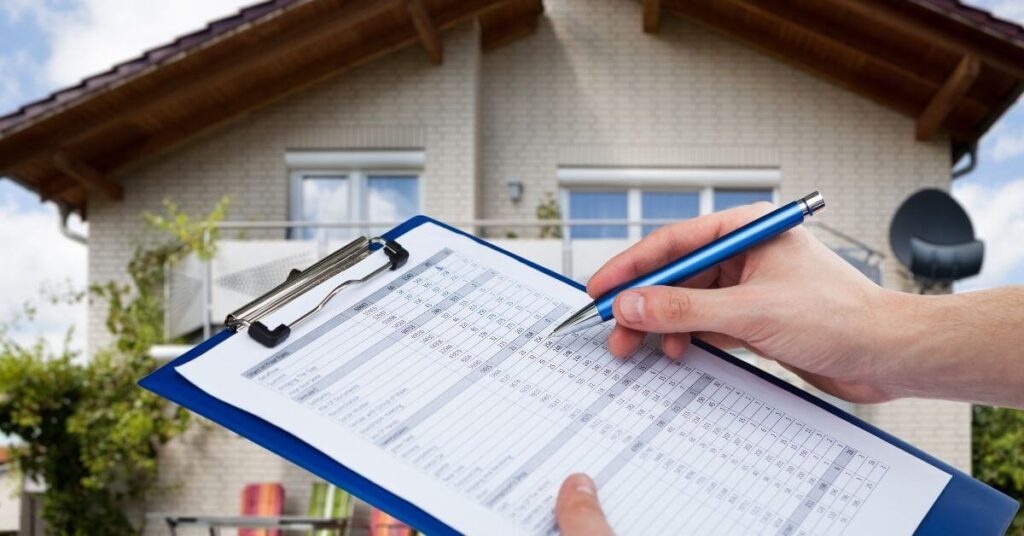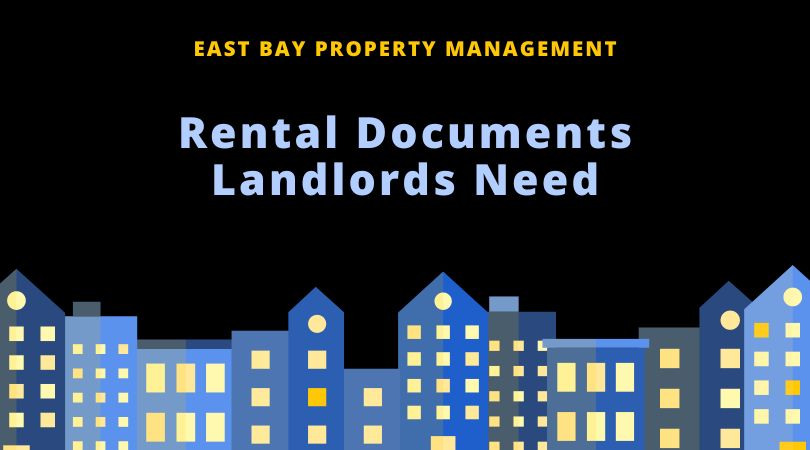If you own a rental property, having the appropriate rental documentation in place is crucial.
Everyone knows that a key component of the landlord-tenant relationship is the rental agreement. This document establishes the legal parameters and safeguards both parties’ interests.
But that isn’t the only document that a landlord needs to consider.
In this post, we are reviewing the rental documentation landlords, both part-time and full-time, must have to guarantee a successful and trouble-free tenancy.
8 Must-Have Documents for Landlords
1. Lease Agreement
When renting out your property, you must have a lease agreement.
The length of the tenancy, the rent amount, the security deposit rules, and any other important provisions of the tenancy should all be specified in the lease agreement.
It is crucial to have a well-written lease agreement that is brief, clear, and simple to comprehend. This will reduce the risk of any misunderstandings or conflicts with the tenant.
Also, the lease agreement must abide by all applicable laws and rules governing tenancy agreements in the particular state or territory. It’s advisable to have a legal professional review the lease agreement before using it to ensure it’s legally binding and enforceable.

2. Rental Inspection Report
A rental inspection report is a document that outlines the condition of the property before the tenant moves in. It’s a crucial document that aids in safeguarding both the landlord and the renter.
The property’s condition, including any damages, flaws, or required repairs, should be described in the rental inspection report.
The renter must sign the inspection report before they move in. This will ensure that they are aware of the state of the property. This will reduce the likelihood of disagreements about any property damage during the tenancy.
Also, landlords should inspect the property regularly throughout the tenancy. This will ensure the tenant is treating the unit well and abiding by the lease terms.
3. Rental Application Form
A rental application form is a document that landlords use to collect information from potential tenants. The applicant’s contact information, employment history, renting history, and references should all be listed on the application form.
It’s essential to have a well-designed rental application form that is simple to complete and gathers all required data.
Landlords should utilize the rental application form to screen potential renters and make sure they choose the best candidate for the property. Landlords should also ensure the application form adheres to fair housing laws.

4. Lease Renewal Letter
A lease renewal letter is a form that landlords use to notify renters that their lease is about to end and give them the option to renew.
Any changes to the rent or the tenancy’s terms and conditions should be specified in the letter. It is important to follow any applicable laws and regulations governing lease renewals and to provide the tenant with adequate notice before the lease ends.
The tenant should have the option to ask for amendments to the lease agreement, such as a different lease period or rental price, in the lease renewal letter. Maintaining open communication with the tenant is important to ensure they feel valued and their concerns are heard.
5. Landlord Insurance
Landlord insurance is a policy that provides coverage for landlords against potential losses and damages to their property caused by fires, theft, or natural calamities.
Liability coverage must be included in the insurance plan if a guest or renter is hurt on the property.
Regularly reviewing the insurance policy is essential, and any necessary adjustments should be made in light of changes to the property or tenancy. Landlords must also follow any laws and regulations the state or territory has enacted regarding landlord insurance.

6. Eviction Notice
An eviction notice is a document that landlords use to notify tenants that they must vacate the property due to a breach of the lease agreement. This legal document must abide by all applicable eviction-related laws and rules.
When a landlord issues an eviction notice, they should have a good basis for doing so, such as non-payment of rent or breach of the contract. It is important to follow the correct legal processes and give the renter enough notice before the eviction. Landlords should consult with a legal professional to ensure they comply with all relevant eviction laws and regulations.
7. Move-In and Move-Out Checklist
A move-in and move-out checklist describes the state of the rental before and after the tenant moves in or out. The property’s state should be described in full in the checklist, along with any flaws, problems, or required repairs.
The tenant must sign the move-in and move-out checklist to acknowledge the state of the property both before and after their lease.
This will help avoid any potential disputes regarding damage to the property during the tenancy or at the end of the tenancy. Landlords should use the move-in and move-out checklist to record any maintenance or repairs required before the new tenant moves in.

8. Deposit Protection Documents
Landlords must have security deposit protection documents in place when renting out their properties. These documents should outline how the security deposit will be maintained, utilized, and returned at the end of the tenancy.
It is necessary to abide security deposits laws.
A receipt for the security deposit should be given to the tenant. They should also be informed of any deductions taken from it.
Conclusion
As a landlord, it’s important for you to know the necessity of having appropriate rental documentation in place.
These documents will help to safeguard your property and guarantee a successful tenancy. They will also help you protect your investment and clearly define your obligations to your tenants. This can foster a good working relationship.
If you need help managing your properties or understanding all the documents you need, feel free to contact East Bay Property Management.
Our property managers can help you write and analyze these crucial rental documents to make sure they conform to the law.
Contact us today.






